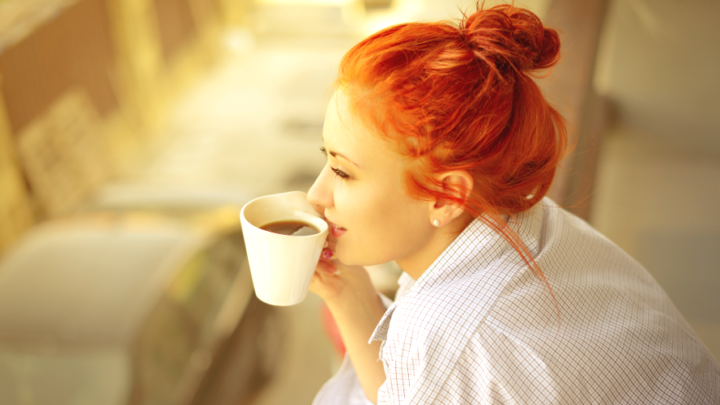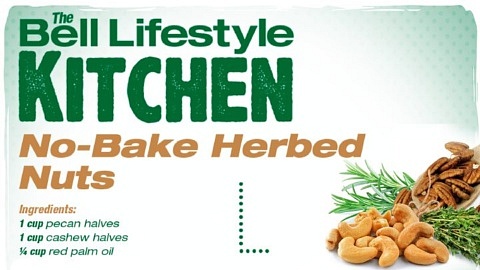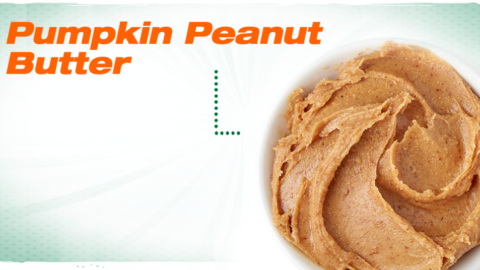Bell goes beyond merely offering health supplements for men, by developing unique formulations specifically targeted at some of the most significant men’s...
About the Author
Monkia Ghent
Monika Ghent is a Registered Herbalist with the Ontario Herbalists Association and has a private practice in both Toronto and Vaughan, Ontario, Canada. Her website is www.dreamingwillow.ca. She also has a herbal school with her husband Michael Vertolli called Living Earth School of Herbalism (www.livingearthschool.ca) which offers general interest workshops and online classes, and certificate and diploma programs in Western herbalism and related fields of study.




